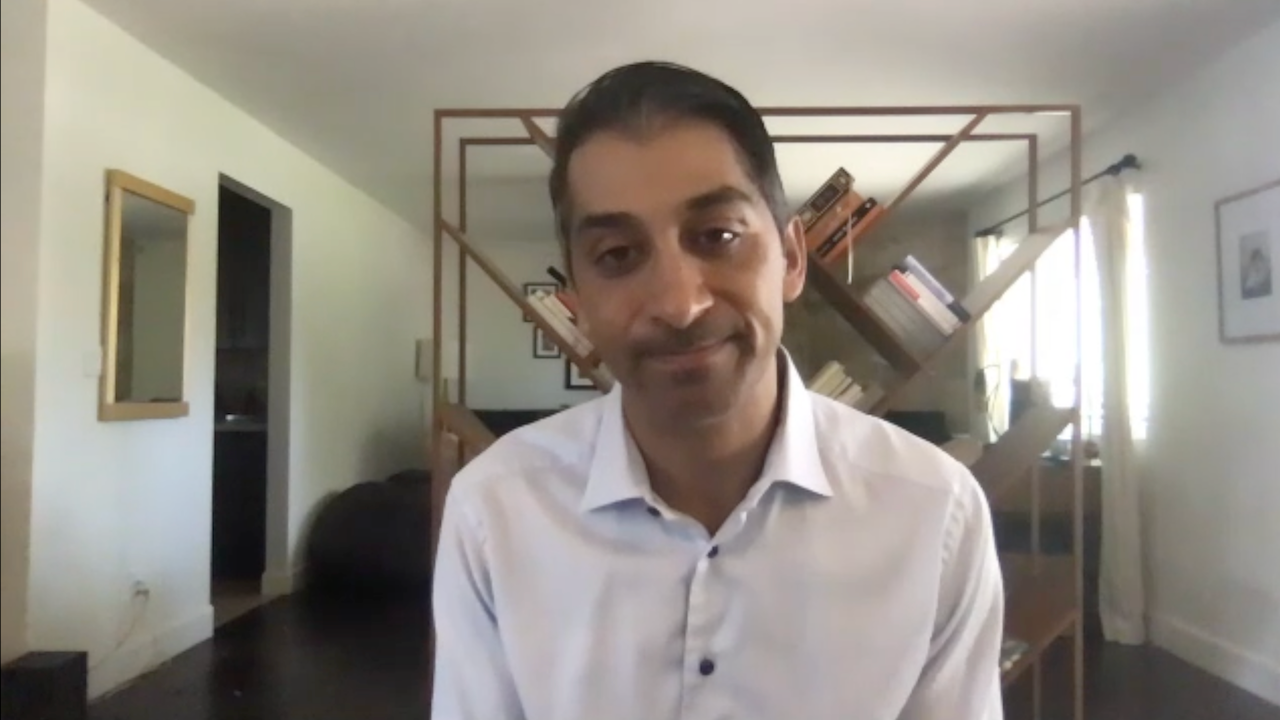
Transcript
Dupilumab specifically treats type 2 inflammation in asthma, which doesn't occur in all patients with asthma. What is the role of type 2 inflammation? How is treatment for this type of asthma different?
Type 2 inflammation is an important factor. And I would say the majority of our individuals that have asthma, and depending upon which study you look at between 50 to 80% of individuals—and you can sort of split the difference and say, right around two-thirds of individuals—have evidence for type 2 inflammation. It really depends on how you look for it and measure it.
You know, from my perspective, if I see someone who has difficult-to-manage asthma, and they don't have signs of type 2 inflammation, my first question is, “Is this really even asthma?” Because we know that the majority of individuals do have type 2 inflammation. And unfortunately, we really don't have a whole lot of great tools to identify those that don't have type 2 inflammation. So, we have these biomarkers that we can use that, including eosinophils, exhaled nitric oxide (FeNO), and some others, including sputum analysis, that we can use to identify this type 2 inflammation. And we know that inflammation is really, really paramount in driving exacerbations and driving remodeling.
A lot of the things that we see with asthma, including symptoms of cough, wheezing, shortness of breath, when patients don't have type 2 inflammation as manifest by elevated eosinophils, elevated FeNO, or if you get a little bit fancier and look at other markers, whether it be you know, a dirtier marker like IgE or allergic sensitivity, or, you know, looking at more specific tools like sputum eosinophils, then you sort of have…something that's mimicking asthma. And really, that's the approach that most of us take, primarily because all of the therapeutics that we've had including steroids, therapeutics and biologics that are currently available target type 2 inflammation.
Now, you know, asthma is a broad, heterogeneous syndrome and most of us agree that that's the case. And there are those that don't have type 2 inflammation—although I'd say a smaller percentage. And we still don't know how to adequately and accurately identify those individuals, you know, we can rule out things like COPD [chronic obstructive pulmonary disease] and chronic bronchitis, etc. But, you know, it's still a nebulous sort of area if someone does not have evidence of type 2 inflammation as whether that's truly asthma.
How has dupilumab changed the treatment space for patients with type 2 inflammation in asthma?
No, I mean, again, I think that dupilumab has really just been a game changer for us in in the asthma world. When we take care of patients with severe asthma, I think historically we would struggle with what to do with these individuals and we bounced around from, you know, oral steroids to different inhaled steroids to, you know, LAMAS [long-acting muscarinic antagonists]. And, you know, we sort of had run through different options with biologics as they became available, hoping that we would find, you know, a successful option.
And now, you know, we live in a nice time where I can sort of say to a patient, “look, I've got something for you. And I'm confident that this is going to work based on the data that's been presented to me.” And so, you know, it's really an exciting time to be a respiratory specialist, whether you're an allergist or a pulmonologist based on these options.
"type" - Google News
October 01, 2020 at 01:10AM
https://ift.tt/3n1PMim
Dr Neal Jain Discusses Type 2 Inflammation in Asthma - AJMC.com Managed Markets Network
"type" - Google News
https://ift.tt/2WhN8Zg
https://ift.tt/2YrjQdq
Bagikan Berita Ini














0 Response to "Dr Neal Jain Discusses Type 2 Inflammation in Asthma - AJMC.com Managed Markets Network"
Post a Comment